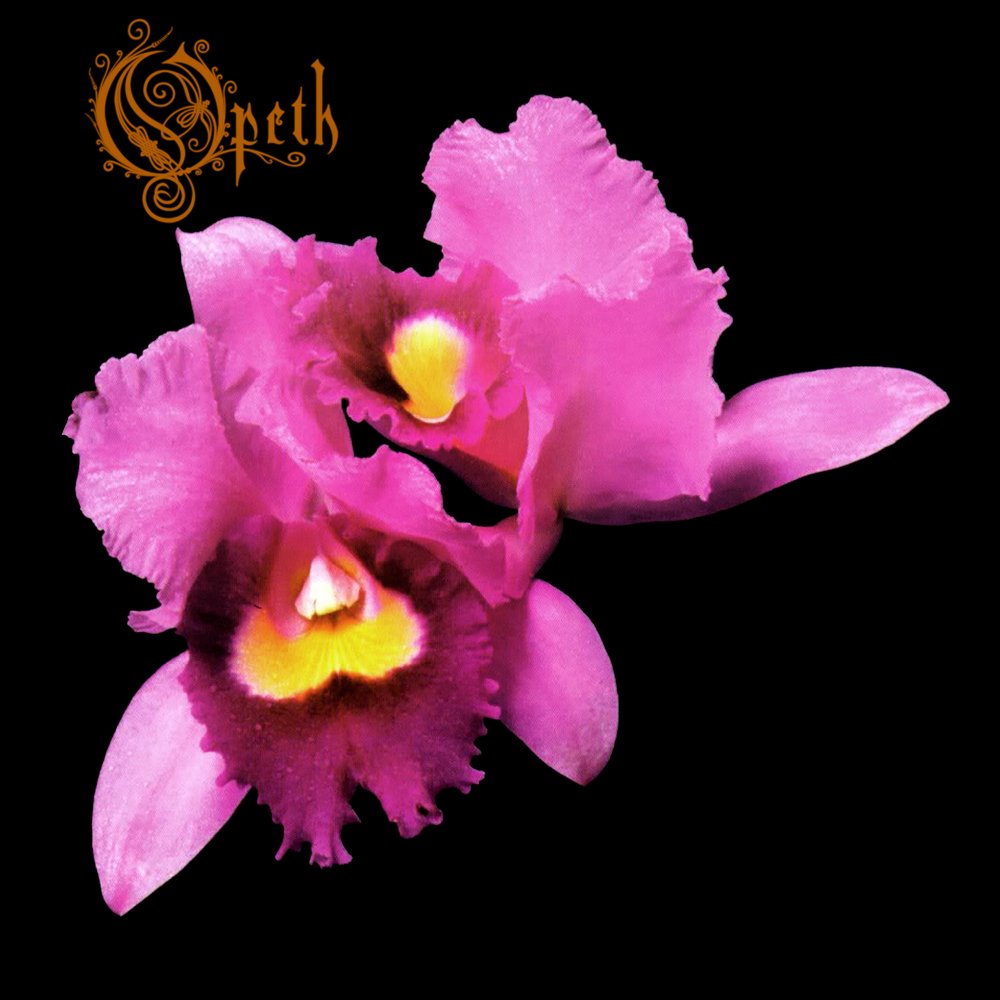
I do think that focus is rooted in my fascination with music’s ability to make us feel specific emotions or remind us of specific places. I didn’t realize until later that this was coming through in my lyrics as well. so I focused a lot on the evocative element – trying to make my music “feel” like an old memory, or try to compose around a specific place I visualized in my head. TH: When I started out writing songs I didn’t feel very confident in writing hooks, melodies, stories, etc. In your opinion, to what extent do our surroundings and the specific places we spend our life in – regardless of the time spent within them – shape us as people? Or in your case, as an artist/musician? This interplay is present in far from this world as well, despite it mainly being about not staying in one place for very long due to transition and emotional trauma. KWAV: The interplay of place and memory seems to be a major theme within your music – I especially saw this in your previous album yellow house, partly inspired by the selling and repainting of your grandparents’ house in Sweden and struggling to come to terms with its permanent alteration. I told myself I wouldn’t include a single line on this album that wasn’t intimately meaningful to me. At this point, I’d like to think I’ve gotten better at fulfilling the latter. The third goal was motivated by my dissatisfaction with earlier lyrics, which often felt like they were dictated by the constraints of melody and rhyme schemes rather than what I actually wanted to say. That said, I could easily re-embrace it in future songs. Those influences were the foundation for songs like No Answer, PKD and Tell. My interest in writing songs around samples and synth loops came from a lack of confidence in my guitar songwriting, so it’s natural that as I’ve become more comfortable with the songs I write on guitar that earlier approach has become less common. who often embrace a spacious, minimalist sound and guitar-centric compositions.

Those first two goals were mostly motivated by my listening habits, as lately I’ve been listening to a lot of slowcore and lo-fi music by bands like Duster, Bedhead, Spirit of The Beehive, Big Thief, Sparklehorse, etc. I had three goals for this album – to shift my focus towards guitar songwriting and relegate sampling/synths to the background, to embrace mixing with a (comparatively) dryer sound and more prominent vocals, and to write more direct and personally meaningful lyrics.

Thomas Howard: Although my recording process didn’t change much with Far From This World, I did feel a lot more confident with the mixing/mastering plugins I own and the workflow I had established with my last album Yellow House. Kid With A Vinyl: What makes far from this world different from your past releases? Did you do anything different or unique composition or writing wise that you had never done before? Read about it while listening to some of our favorite tracks below. We were lucky enough to interview Howard earlier this month about the the gorgeous new release, the essence of the dream pop genre, and the subtle beauty of the cassette tape. Last week, Thomas Howard shared far from this world, his most recent album as Orchid Mantis.


 0 kommentar(er)
0 kommentar(er)
